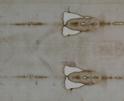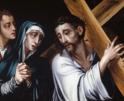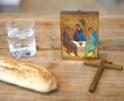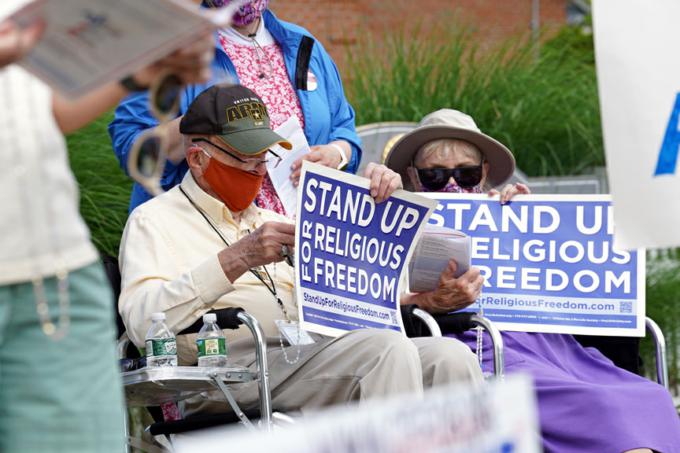
Spirituality
... religious liberty can seem more abstract than life, employment, and property -- a luxury. On what basis, then, should we hold that it is truly the cornerstone of liberty?
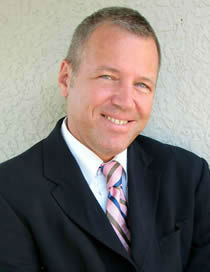
Pakaluk
Speaking to the United Nations, St. Pope John Paul II taught that "the fundamental rights to freedom of religion and freedom of conscience, (are) the cornerstones of the structure of human rights and the foundation of every truly free society." But why is this so?
Each of the natural rights can seem of the highest importance. The pro-life movement has argued, reasonably, that the right to life is most basic, because take someone's life away, and he can enjoy no other rights. But an argument of near similar force holds of liberty, because imprison him, or lock him in, and he loses most of the goods of social life, including in many cases gainful employment. Again, take away someone's right to own property, and he acquires the position of a slave, subject to the arbitrary whims of others.
Yet religious liberty can seem more abstract than life, employment, and property -- a luxury. On what basis, then, should we hold that it is truly the cornerstone of liberty? Here are seven reasons.
First, the good to which it is directed is the greatest good. "Your steadfast love is better than life," says the Psalmist (63:3). "Whoever loses his life for my sake will find it," the Lord says (Mt. 10:39). Indeed, all of Passion Week presents this truth to us starkly.
Second, a society that esteems the right to religious liberty thereby testifies to the important truth that we have a destiny beyond this life. The so-called "right to pursue happiness" was interpreted in precisely this way by the Founders in general. A right implies a duty; we have a duty to figure out and pursue in what our real happiness lies; and, for a sincere and thoughtful person, truly pursuing this question, it will become clear that "our hearts are restless until they find rest in God" (St. Augustine).
Third, only once we can trace the binding force of law, and the authority of what is called "sovereignty," back to God, can we as citizens understand the true source of law and authority. Nota bene: only then are we in a position to follow law in conscience, and not simply out of fear (what is called "compliance"). At the same time, only then are we in a position to recognize and resist illegitimate usurpations of power by civil authorities.
A free society implies that citizens recognize limits on state power and be prepared to show civil disobedience when the state exceeds its proper limits. What can be the source of such convictions other than the exercise of the right to religious liberty?
Fourth, citizens who are oriented to God -- as the source of law and as the providential creator of human nature -- will be attuned to the highest Common Good, which binds the entire human race, implying solidarity of each to each. They will also be sensitive to the workings of divine providence in history. They can thereby avoid the counterpoised evils of excessive centralization and disordered individualism.
In the last century, the Personalists, led by Jacque Maritain, engaged in a lively debate with the "Laval Thomists," led by Charles de Koninck, over whether personalism denied a common good of human society. De Koninck argued that God, as the source and end of all things, was the genuine Common Good, ruled out the individual's assertion of his autonomy. In this debate, certainly, we must side with de Koninck's insistence that any common good, including that of political society, needs to be grounded ultimately in God.
Fifth, the Catholic Church, as a perfect society with immense spiritual energy and life, which also carries with it, distinct among Christian associations, a rich and unbroken tradition reaching back to Peter and the other Apostles, who were authorized by the Lord Himself -- this Catholic Church, simply in being visible, and practicing the faith publicly to its limits, in a free society, will certainly flourish, winning converts by its witness to the truth.
If nostalgia for the era of Archbishop Sheen and Father Chuck O'Malley teaches us anything, it should be that Catholic witness will have immense power in a society that honors a robust conception of religious liberty. To the extent, then, that we are apostolic and place love for souls first, to that extent we should place religious liberty first, among liberties.
Sixth, faith in "God the Father Almighty," the one for whom "all things are possible," has been a tremendous source of creative energy in societies -- and the right to religious liberty permits citizens to draw upon this source.
Seventh, civic friendship, so important for peace and unity in a society, will flourish when citizens have the virtues which they acquire from negotiating specifically the deep differences in religious conviction among different peoples. (One might worry that the negotiating of other differences, outside a religious framework, has proved to have a tendency to divide us and inflame enmities.)
The right to religious liberty shows up in Holy Week. After all, the civil authorities unjustly put the rabbi, Jesus, to death. Joseph of Arimathea follows his conscience in asking for the Lord's body. The women care nothing for the Roman guards when they walk to the tomb on Easter morning. And afterwards, Peter and the other Apostles, strengthened in the Spirit, risk their lives in the conviction that "we must obey God rather than men" (Acts 4:19). These are lessons to learn also.
- Michael Pakaluk, an Aristotle scholar and Ordinarius of the Pontifical Academy of St. Thomas Aquinas, is a professor in the Busch School of Business at the Catholic University of America. He lives in Hyattsville, MD, with his wife Catherine, also a professor at the Busch School, and their eight children. His latest book is "Mary's Voice in the Gospel of John" available from Amazon.
Recent articles in the Spirituality section
-
No line-drawingMichael Pakaluk
-
Physician-assisted suicide is a slippery slopeCardinal Seán P. O’Malley
-
He saw the cloths and believedBishop Robert Barron
-
God's instrument for viewing the crucifixionMichael Pakaluk
-
QuinquagesimaMichael Pakaluk



